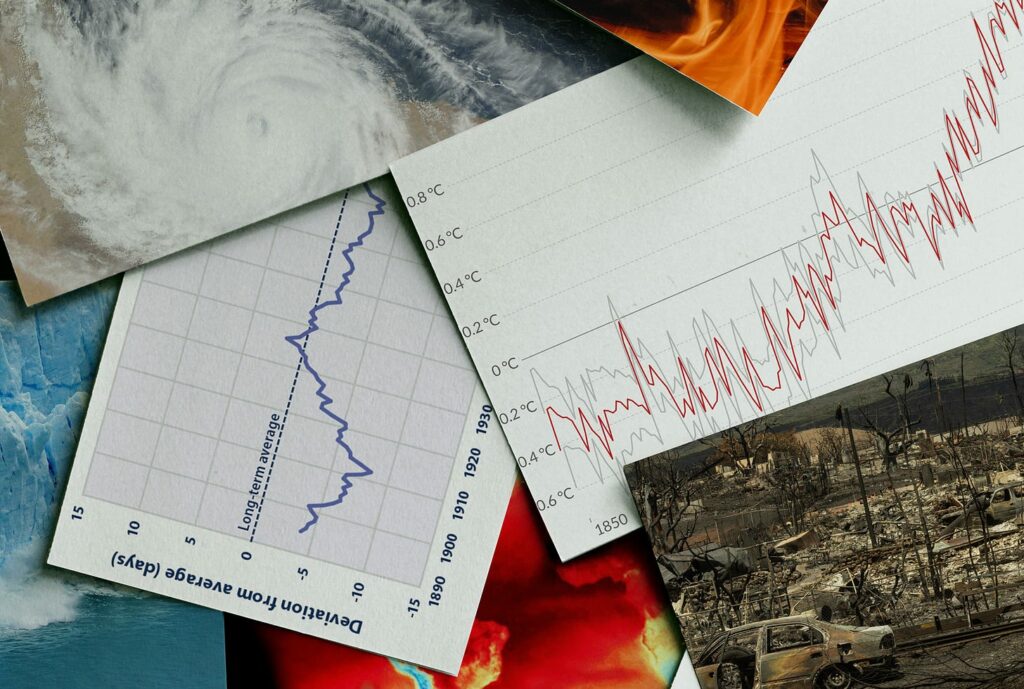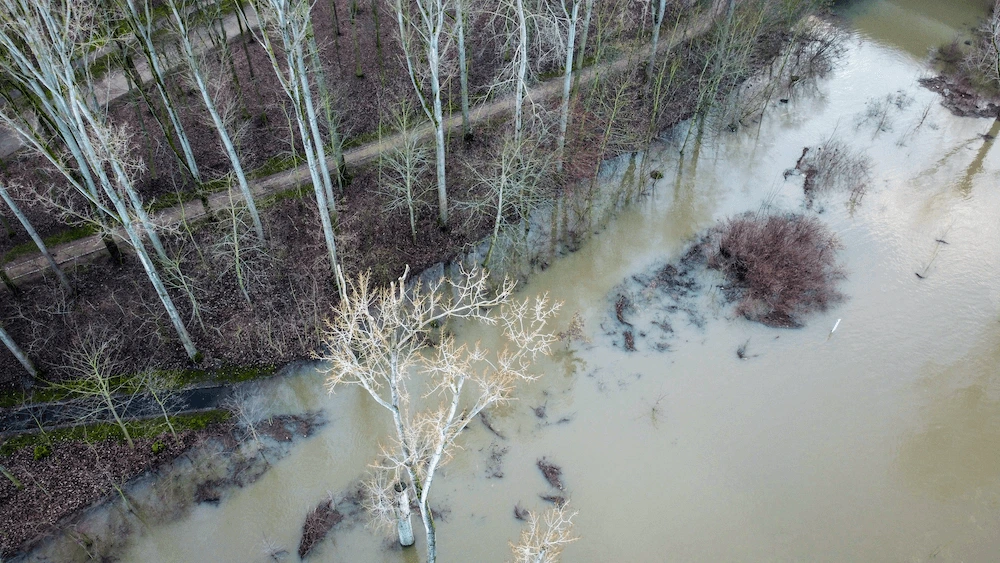From his valuable Sealevel.Info site, Dave Burton calls for brave souls to step forward as expert reviewers for the IPCC’s forthcoming 6th Assessment Report Working Group One Second Order Draft. If it sounds bureaucratic, it is. But here’s the thing: the IPCC reviewing process is broken and needs help. Including, he himself notes, jiggery-pokery about sea levels. The IPCC keeps adjusting them and always upwards, as alarmists tend to do with temperature. And Burton says that somebody has to tell them to stop even if only to be able to say well I did tell them to stop.
As you know, the debate about global warming is rife with pseudo-certainty. We’re given global temperatures to two decimal places, which is laugh-out-loud chutzpah. We’re warned of various disasters accompanied by a cloud of “might” and “could” and “likely” capable of lofting this Dracula’s Castle above the Himalayas. And in his post Burton draws attention to another such odd phenomenon: reports of very precise sea level increases that contain very suspicious fudge factors.
If you’re wondering how these things get past well-trained and well-intentioned scientists, Burton’s account will make you wiser not happier. He says the IPCC review process is set up to fail. Authors are under no obligation to respond to reviewers’ comments, contrary to normal (and itself less than stellar) peer review practice. If authors do deign to respond, reviewers can’t see the response until after the report is published. And reviewers can’t see one another’s prior-round comments as the pre-publication process stumbles forward.
His complaint is not abstract. He was himself a reviewer last time around, for the AR5 report. And he complained about the sea-level data getting a thorough massage. Specifically, there’s a habit of adding in a 0.3mm/year “adjustment” to make the oceans rise faster than they are. And it matters because the resulting 1.7mm/y rise over the 20th century is the basis of some of the current campfire stories about cities washing away and 0.3 is a big chunk of 1.7.
Burton further reports that when he did get responses, and every one rejected his comments, they didn’t have their story straight: Some said the adjustment wasn’t added while others defended its inclusion. So remember: almost all that scary “peer reviewed” stuff you’re being told about deserves better scrutiny than most of it is getting. Sometimes, as with the IPCC, on purpose or so it seems.


